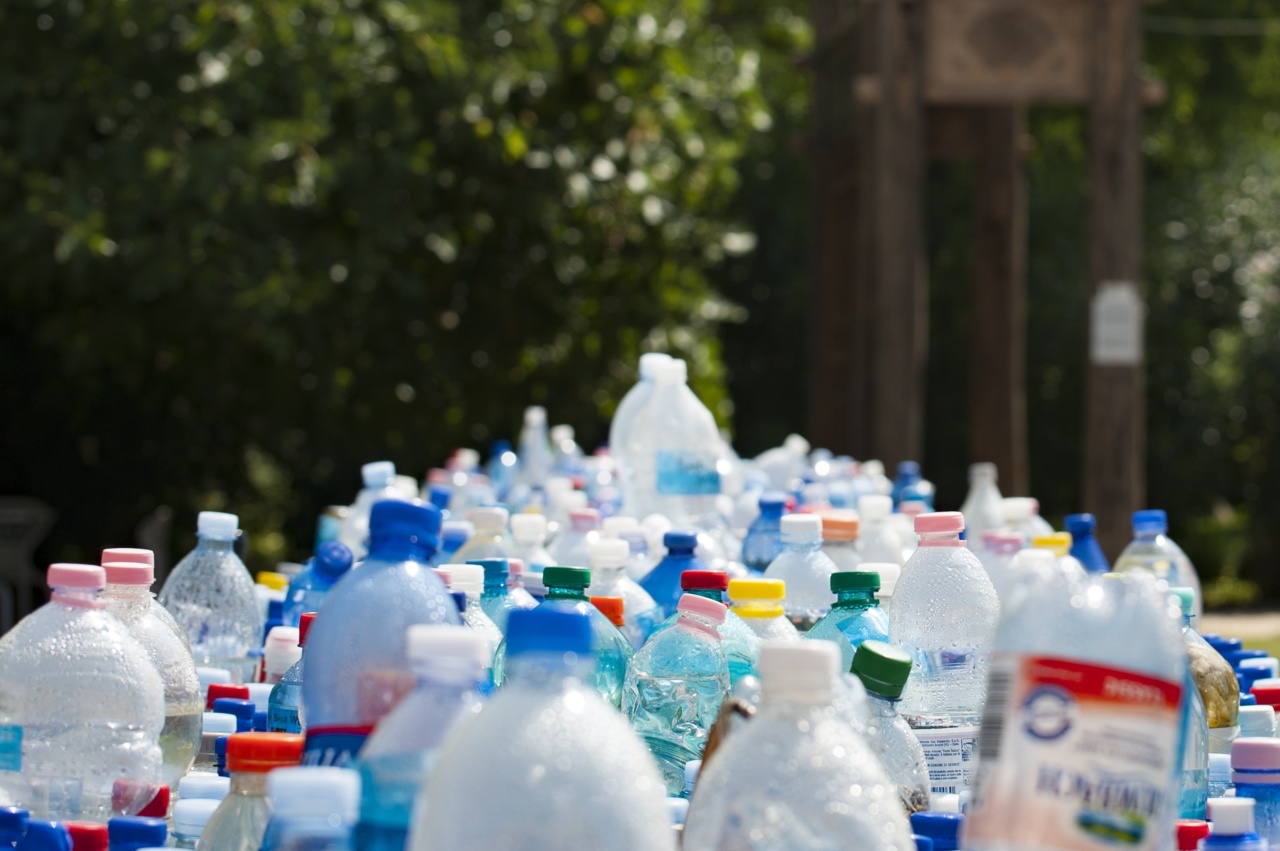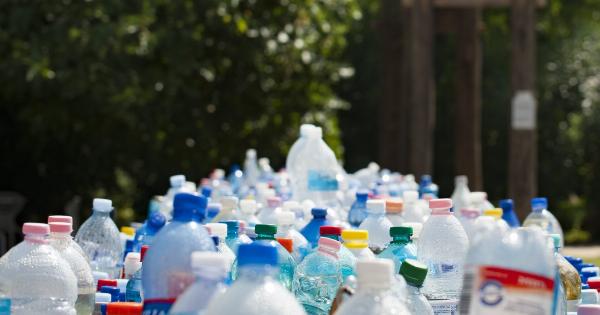Plastic bottles are convenient containers for drinks and water because of their durability, lightness and portability, making them popular for water or beverage storage.
However, reusing plastic bottles is not only bad for the environment, but it can also be hazardous to your health. In this article, we explore the dangers of reusing plastic bottles.
Introduction to Plastic Bottles
Plastic bottles are made up of a petroleum product known as polyethylene terephthalate (PET or PETE). PET is highly recyclable and can be made into various products such as clothing, furniture and carpeting.
PET plastic bottles are used for a variety of beverages including water, soft drinks, juice, and sports drinks, among others. They are an easy and affordable way to stay hydrated, especially on the go. However, reusing these bottles has some risks that we should all know about.
Dangerous Chemicals in Plastic Bottles
Many studies show that plastic bottles can release harmful chemicals like Bisphenol A (BPA) and phthalates into the beverages stored in them.
Repeated use of plastic bottles causes wear and tear, leading to the release of toxins into the container’s contents. When you expose plastic bottles to high temperatures, pressure, or acidic liquids found in fruits, hot drinks or carbonated water, they can release harmful chemicals into the contents of the bottle.
Health Risks of BPA and Phthalates
Bisphenol A (BPA) is a synthetic compound found in plastic bottles that have been shown to have adverse health effects on humans and animals.
BPA is known to interrupt hormonal functions, cause cancerous tumours, developmental disorders in children, reproductive disorders in women, and heart disease in adults. The chemical has been banned in several countries, and manufacturing companies have made a significant effort to remove BPA from their products.
Phthalates are also commonly found in plastic bottles. They are known to cause hormonal disruptions, infertility, and other health problems.
These chemicals pose a higher risk to infants and young children, whose immune systems are less developed and exposed to plastic bottles chemicals.
Plastic Bottles and Bacterial Growth
Reusing plastic bottles can lead to bacterial growth that can cause various health problems such as vomiting, diarrhoea and dehydration.
When you drink from a plastic bottle, small amounts of saliva enter the container, leading to the growth of bacteria in the bottle. As these bacteria multiply, they can become harmful to your health. High levels of bacteria growth in plastic bottles can cause infections in the stomach, lungs, and other parts of the body.
Increased Risk of Cancer
The chemicals that are released from plastic bottles have been linked to cancer. The toxic chemicals used to manufacture plastic bottles can cause genetic mutations that lead to cancer.
Some of these chemicals, such as bisphenols and phthalates, have a direct effect on the chemicals in the body that regulate tumour growth. The risk of cancer increases significantly when plastic bottles are reused repeatedly.
Environmental Impact of Reusing Plastic Bottles
Another significant danger of reusing plastic bottles is the harm they cause to the environment. Single-use bottles are not environmentally friendly, and millions of them end up in landfills, littering our parks, highways and oceans.
Reusing plastic bottles is not the solution to this problem, as they continue to pollut the environment, and they do not degrade quickly.
Alternatives to Reusing Plastic Bottles
The best alternative to reusing plastic bottles is to recycle them. PET bottles are highly recyclable, and they can be turned into a variety of products instead of taking up space in a landfill.
Consumers should also switch to eco-friendly, reusable bottles made of materials that do not leach chemicals, such as stainless steel, glass, or BPA-free plastic.
Conclusion
Reusing plastic bottles can cause significant harm to both the human body and the environment. The chemicals found in these bottles can cause a variety of health problems, from hormonal disruption to cancer and bacterial infections.
The fact that plastic bottles continue to pollute the environment for years also makes them a threat to ecology. Recycling, and using eco-friendly bottles are just a few of the ways consumers can mitigate the damage that plastic bottles inflict, making the world a safer, healthier, and cleaner place for all of us.






























